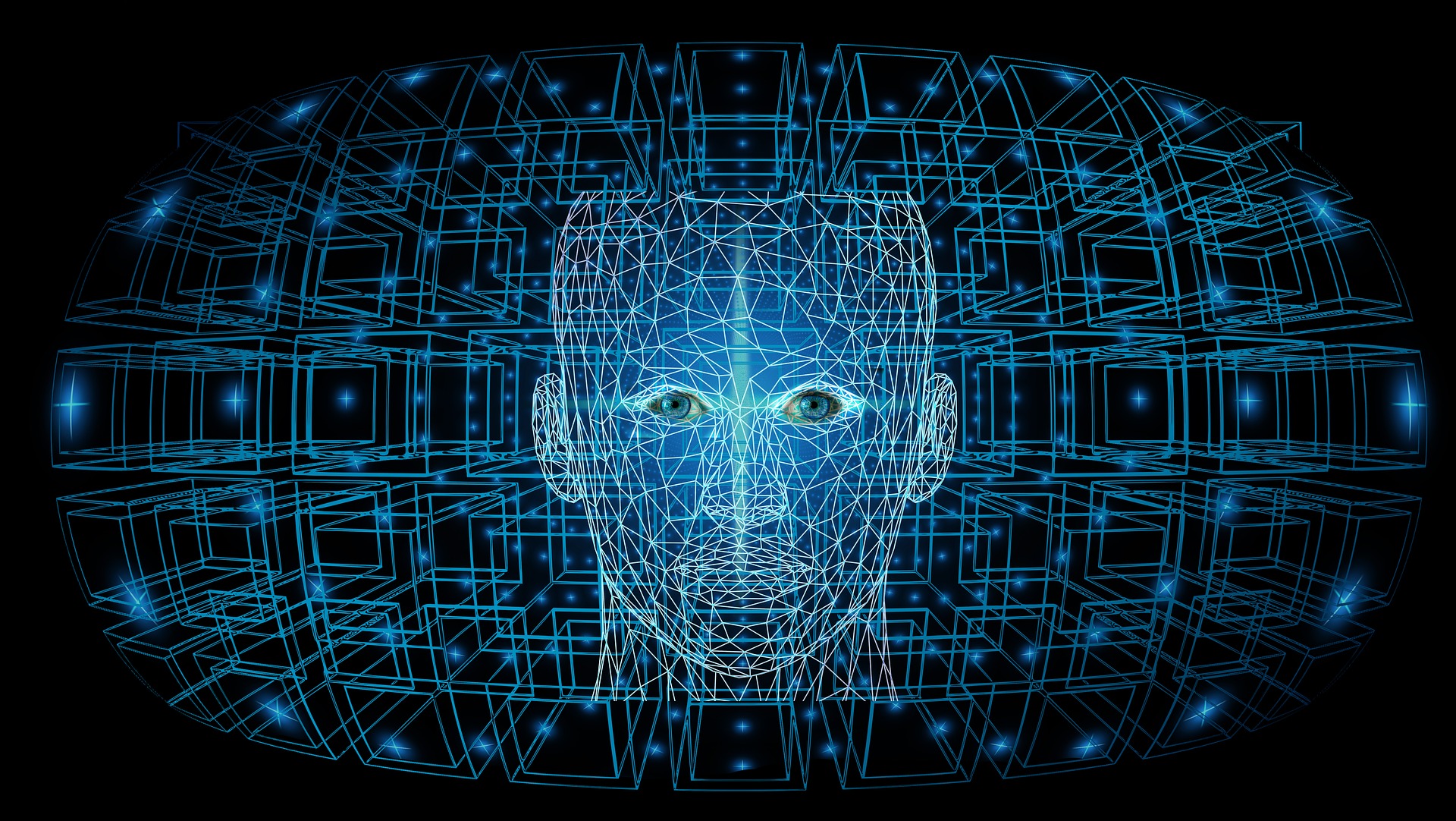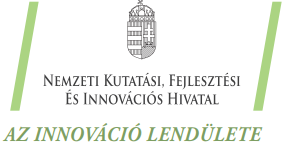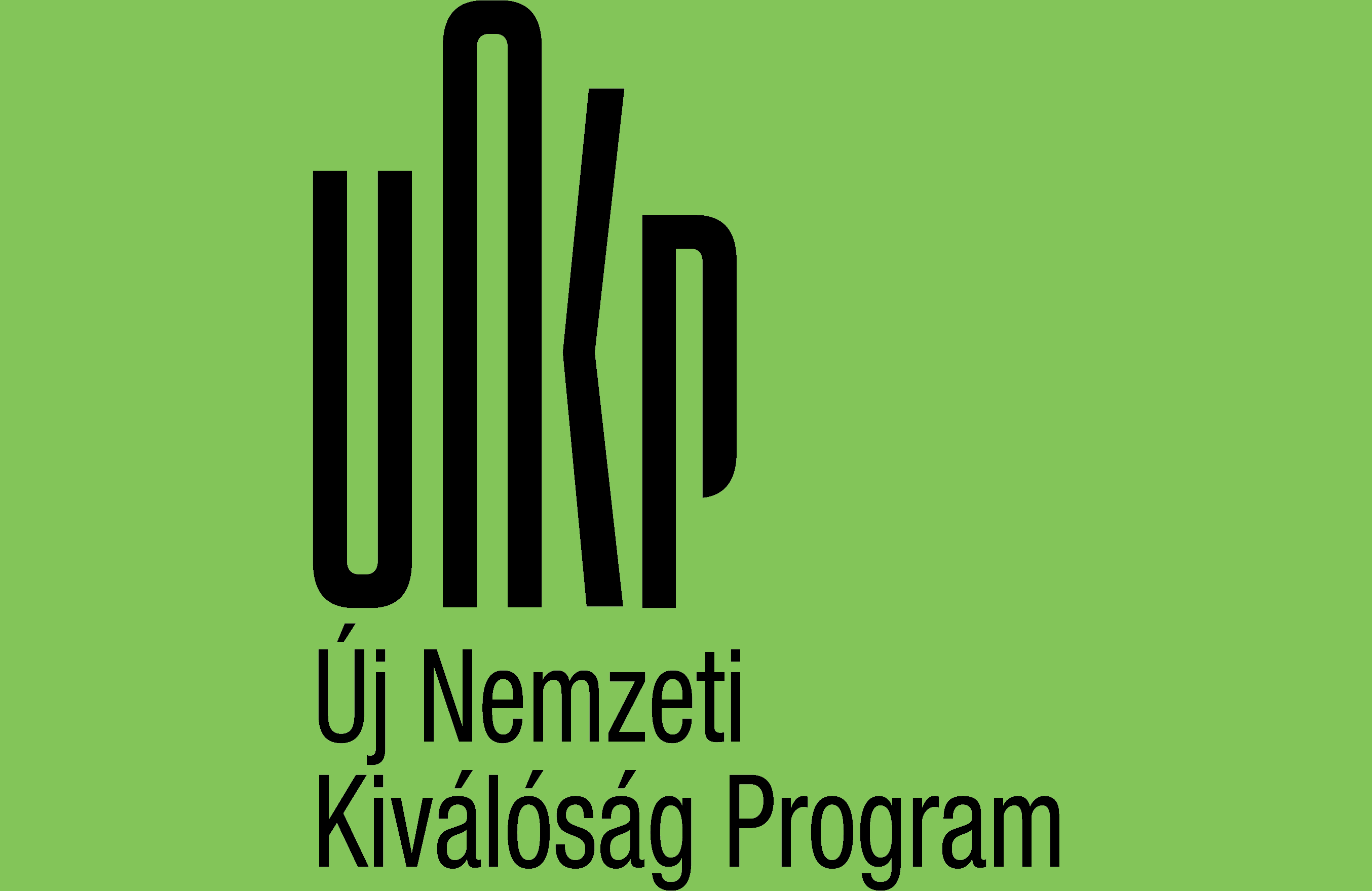Composite Artificial Intelligence is a new, pragmatic branch of the application of intelligent methods. It uses a combination of different artificial intelligence techniques to achieve the best possible result. It is challenging, as the efficient application of composite AI requires wide-spread knowledge of numerous methods, encompassing various fields of research, complemented by practical experience with the applicability of these techniques.
This approach is very prominent at our department, as we recognize the importance of applying the most fitting tools and methods to every problem we work on.
Research
Our competences

One method to produce intelligent machine behavior is drawing inspiration from solutions from nature and biology. This approach is termed computational intelligence. It consists of a variety of methods and techniques, including artificial neural networks, evolutionary technology (e.g, genetic algorithms), fuzzy systems or swarm intelligence.
Research at our department has a specific focus on computational intelligence. It is our belief that we must learn from 'intelligent methods' found in nature. Our colleagues have extensive experience in the various fileds of this domain.
Artificial Neural Networks (ANNs) are mathematical models of the structure and functioning of the human brain and nervous system. They are successfully applied to the mapping of hidden patterns in large data sets. This technology has a number of fruitful applications, from image and face recognition, via natural language processing, to function approximation, etc. ANNs form the basis of Deep Learning, the most popular artificial intelligence method of today.
Our department has a wide ranging experience in the field of artificial neural networks. Our works range from image processing, via natural language processing (NLP), to medical and robotic applications, with special emphasis on human-machine interaction.

Evolutionary Technology is a collection of problem solving methods inspired by evolution. Common to these methods is that they represent possible solutions to a problem as genes of abstract units, 'individuals'. We apply selection to the individuals of renewing generations based on the quality of solution they represent, thus getting better and better results.
Our department has a wide-ranging experience in evolutionary technology, including special domains like bacterial and memetic algorithms, the evolutionary optimization of fuzzy systems and artificial neural networks.

Fuzzy Systems is the summary term for methods based on non-binary logic. In everyday human thinking, few things are as clean-cut, or as 'black or white', as the yes-or-no, 0 or 1 world of classical logic. This fuzzyness of the real world is appreciated in fuzzy systems, when the truth value of propositions is given by a function, rather than a yes or no statement. It is hard to say if an adult of 175 cm height is tall or not. Rather, we can talk about how tall she is...
Our department has members well versed in the theory and application of fuzzy systems, especially in fuzzy rule-based models and their automatic identification.

Distributed Artificial Intelligence (DAI) deals with intelligent systems composed of several actors. Intelligent behavior can be a result of conscious cooperation of the actors, as well as that of their competition (e.g., in market-based systems). It is also possible that the collaboration is not the result of a conscious decision, but it emerges from the indirect interaction of individuals existing, working in the same environment. Social insects (ants, bees, etc.) exhibit this kind of behavior in nature.
Our colleagues have a wide-ranging experience in distributed artificial intelligence, including topics like multi-agent systems, applications of swarm intelligence and self-organizing systems.

The ever improving technology makes ever more complex computation possible in real time. This possibility, combined with modern computational methods, made the application of Cognitive Robotics more wide spread. In these systems, the behavior (i.e., movement, interaction, etc.) of robots is controlled by complex models resembling human cognition.
Members of our team are experienced in domains like the emotion recognition, the recognition of gestures, robot locomotion, robot gestures, and many more.

In today's modern world, we interact more and more with the technologies we developed (homo technicus). Therefore, the communications between us and our technological achievements (between human and machine) becomes more and more important. At the advent of computers, using them meant entering complicated lines of code. In contrast, today ease of use is expected and the user experience is thoughtfully designed, including smart, context dependent feedback by the computer.
Our colleagues have practical and theoretical experience in the domain of Human-Computer, Human-Robot and, more generally, in Human-Machine Interaction.
Ongoing Projects
(subproject)
(subproject)









